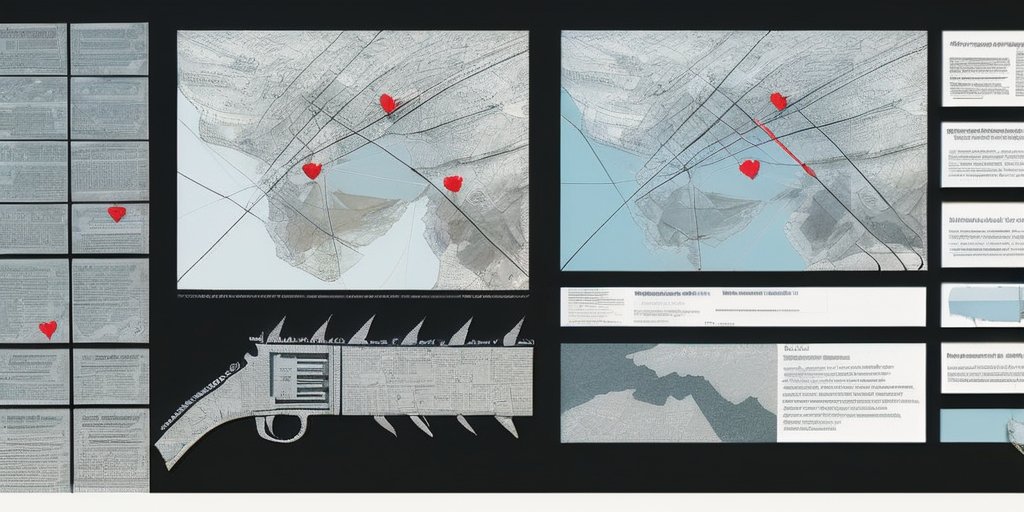In a recently published discussion by The Atlantic, the full sequence of texts among President Donald Trump’s top national security officials has shocked many, centering around planned military strikes against Houthi militants in Yemen back in mid-March. This disclosure, which accidentally included The Atlantic’s editor-in-chief, Jeffrey Goldberg, showcases some alarming operational details, including specific timing and the weapons systems intended for use by the US military.
The revelation of these unclassified texts has raised concerns among current and former national security figures, who fear the potential vulnerability of using a commercial messaging app like Signal for secure discussions. The Trump administration has attempted to downplay the situation, emphasizing that no classified information was shared—this position, however, has been met with skepticism by various defense officials.
The chat participants, including National Security Adviser Mike Waltz, expressed differing opinions on the legality and strategic direction of the proposed strikes. Waltz took full responsibility for the group chat creation, albeit controversially suggesting that Goldberg’s inclusion was an error. He also indicated a desire to keep communications secure by setting messages to disappear after a short duration, creating potential conflicts with the Presidential Records Act that mandates documentation of such discussions.
The implications for operational security, or “OPSEC,” surfaced as participants debated the effectiveness and political ramifications of military action. Notably, defense secretary Pete Hegseth contributed unusual input regarding domestic political viewpoints rather than strictly military strategies, which has traditionally been kept separate. This blending of politics and military discussion sparked criticism among observers of Trump’s foreign policy approach, typically characterized by a transactional nature.
Despite the text’s focus on military strategy, it inevitably raised questions about Trump’s leadership direction, showing how closely intertwined domestic politics and international military operations have become under his administration. Both the Trump and Biden administrations have faced pressure to respond to Houthi attacks, leading to continuing military engagements in the region.
The CIA’s involvement, particularly in intelligence gathering on Houthi leadership, adds another layer of complexity, as these discussions included operational insights that are reportedly classified. However, the environment surrounding this conversation—mostly defined by a commercial messaging platform—has led to heightening discussions surrounding the potential risks of compromised information.
As the countdown to impending strikes went forward, discussions were also marred with skepticism regarding the clarity of Trump’s orders and intentions, showcasing the ongoing confusion even among top officials about strategic direction.
